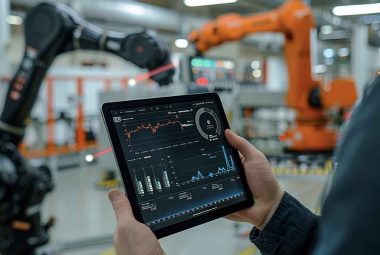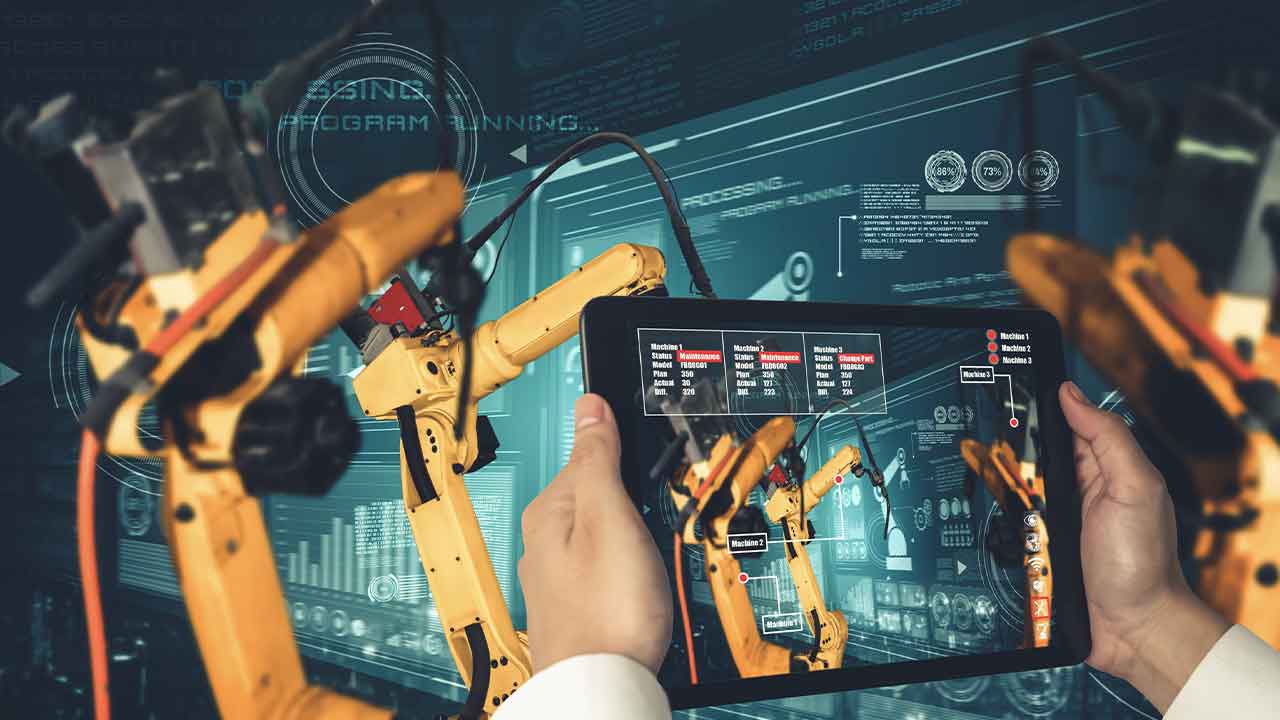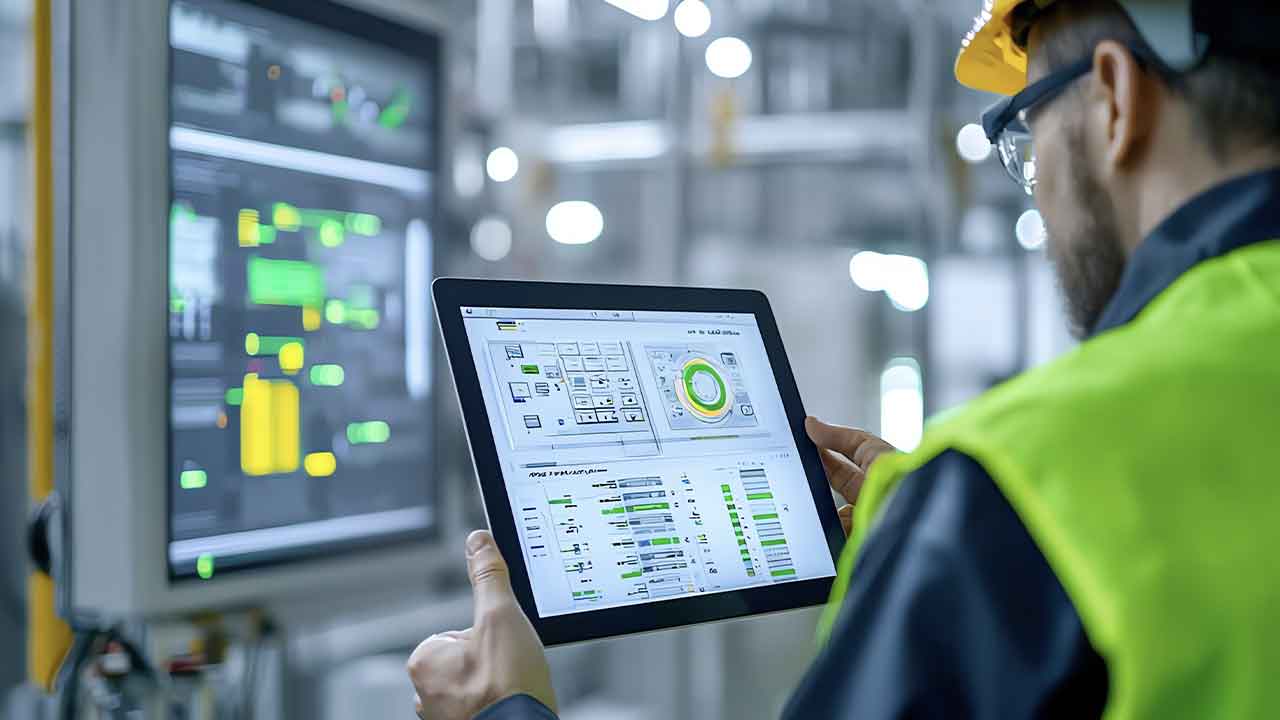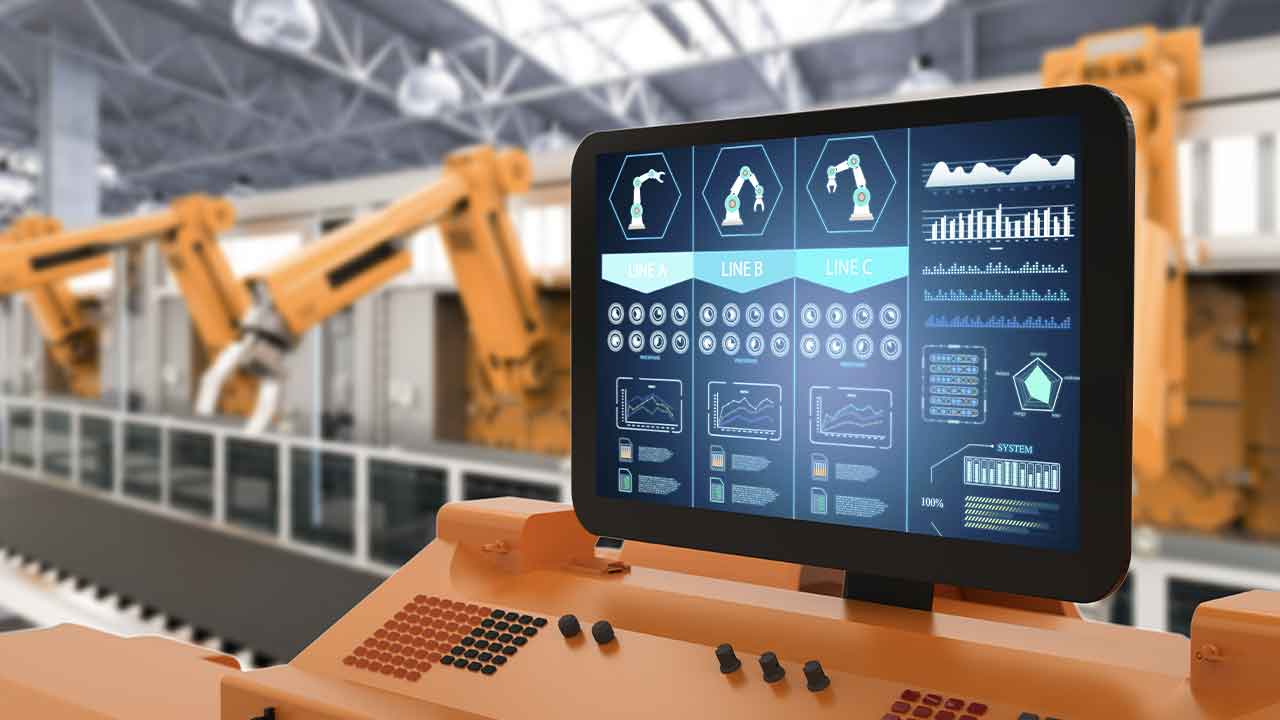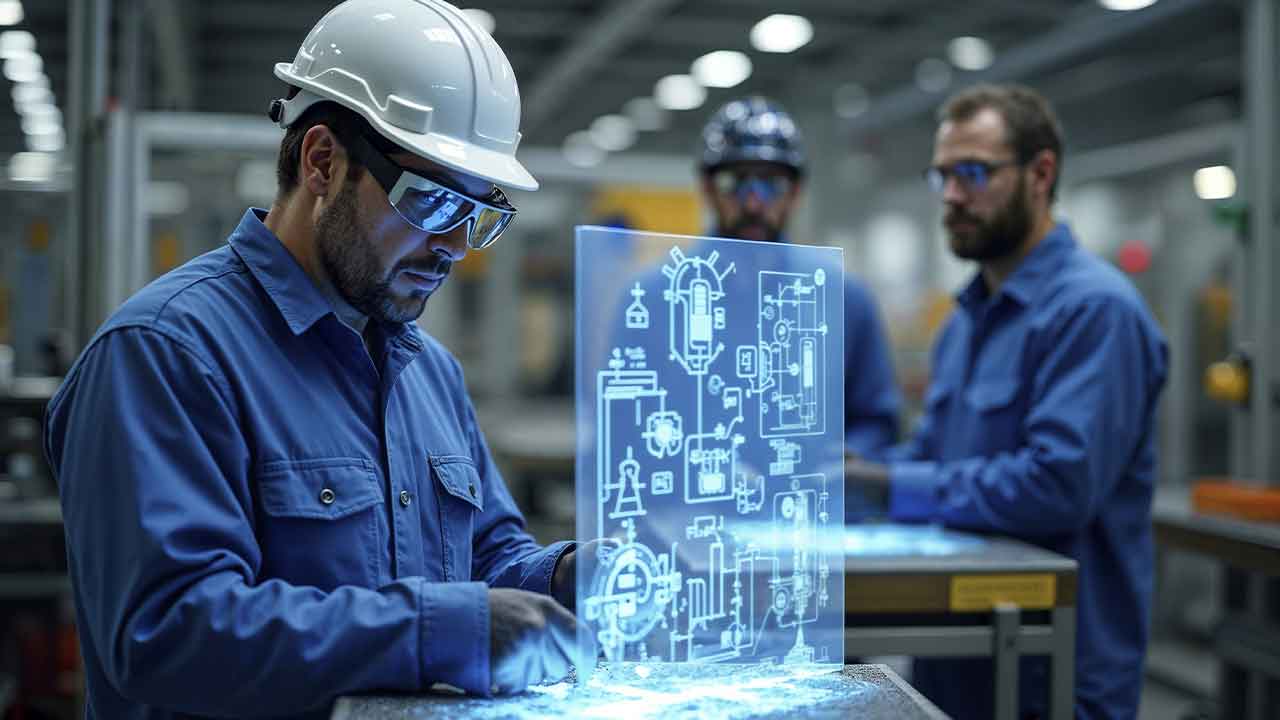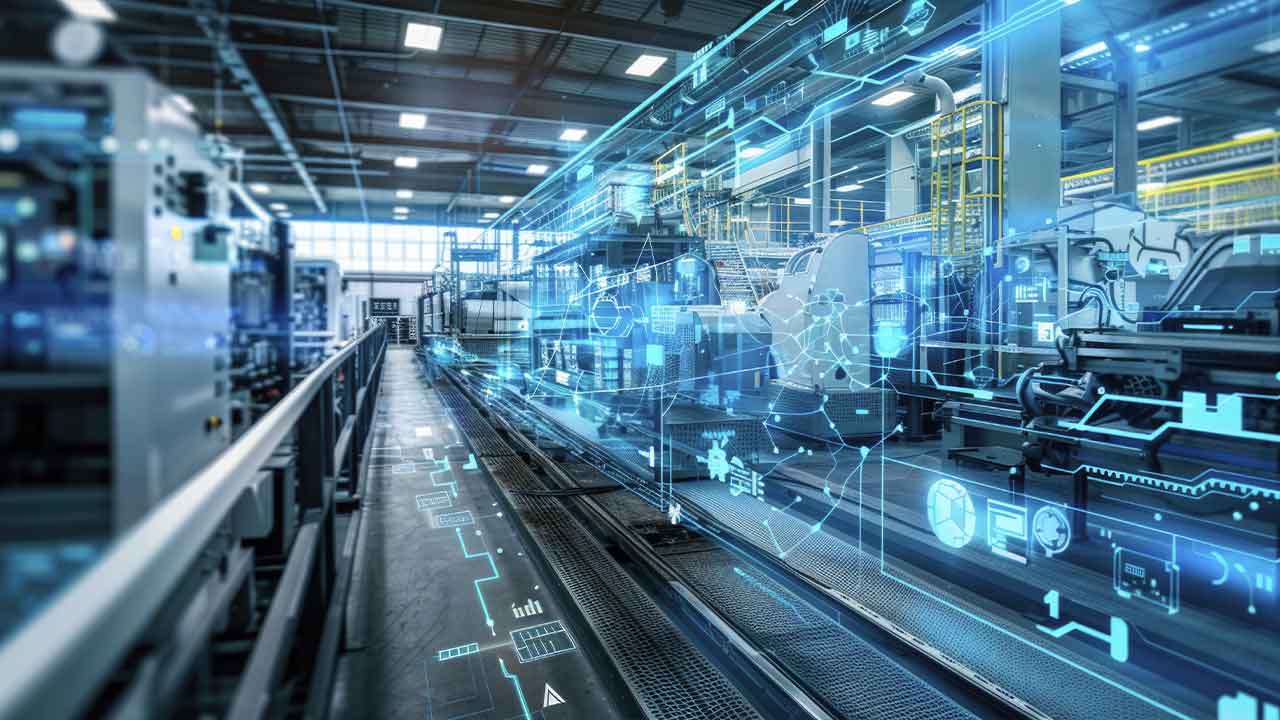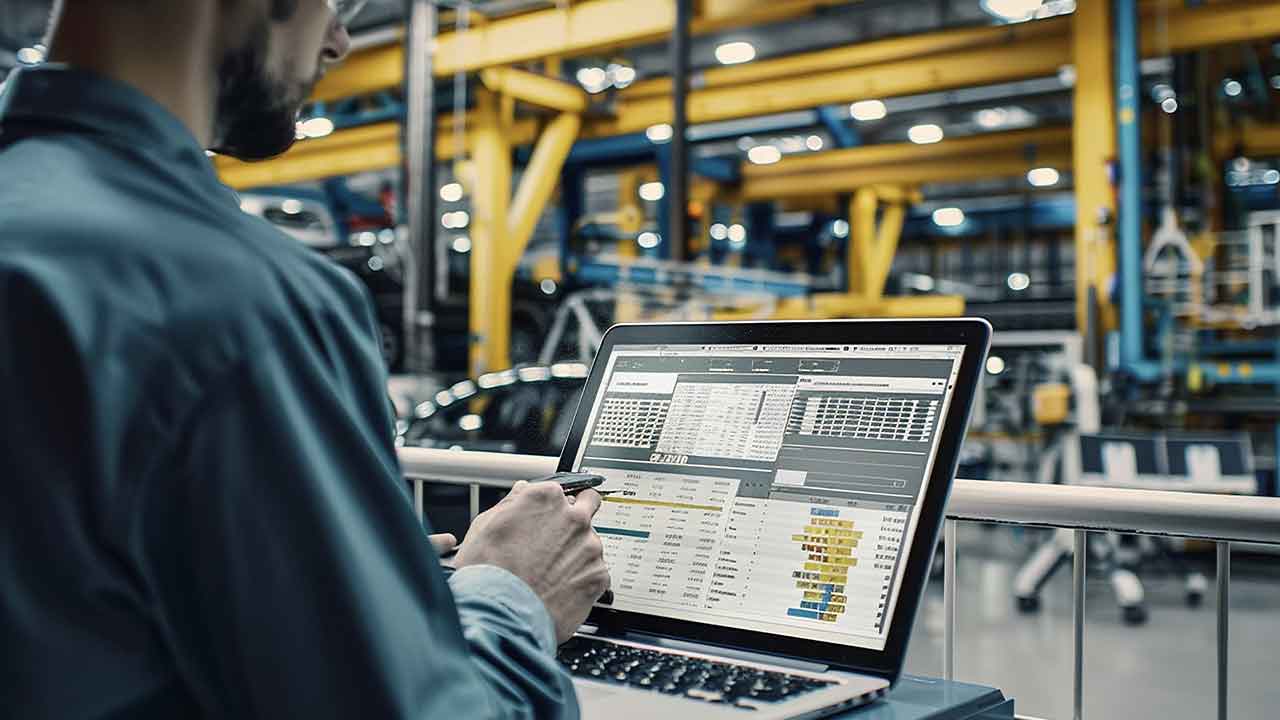The Role of Predictive Maintenance in Achieving World-Class OEE with IIoT
OEE (overall equipment effectiveness) is a productivity and performance metric that helps find new inefficiencies and unlock the full potential of manufacturing. OEE helps manufacturers understand how well a machine, a manufacturing process, or a line is running, as well
Choosing the Right Communication Protocol for Industrial IoT
LoRaWAN, NB-IoT, or DigiMesh? Selecting the right communication protocol is critical for Industrial IoT (IIoT) deployments, where data size, transmission frequency, and environmental conditions impact performance. LoRaWAN, NB-IoT, and DigiMesh each excel in distinct areas, making the best choice dependent on
Scalable Real-Time Analytics with Shared Nothing Architecture & Multi-Model Databases
As organizations deal with fragmented data ecosystems, the demand for scalable, high-performance data management is increasing. Combining Shared Nothing Architecture with multi-model databases offers a robust solution for real-time analytics, machine learning, and IoT data processing. This approach enhances fault
Optimizing Energy Efficiency in Manufacturing with Condition Monitoring
In today's competitive manufacturing landscape, operational efficiency and sustainability are essential for long-term success. Industrial motors, which power manufacturing processes, account for nearly 60% of all electrical energy consumption. However, inefficiencies such as misalignment, wear, and improper operation lead to excessive energy waste,
InfluxData at Hannover Messe 2025: Making Industrial Data Work for You
Hannover Messe 2025 is where manufacturers and industrial companies find practical solutions for real-world challenges. This year, InfluxData is bringing something different: an efficient, cost-effective way to handle industrial data in real time. Visit Hall 14, Booth H38, to see how InfluxDB simplifies
Are data historians holding us back?
The role of the data historian has changed a lot since the 1980s, and it’s time to rethink how it serves us. Industry 4.0 demands better integration between OT and IT systems, allowing teams to centralize data and extract real-time
Leveraging Augmented Reality (AR) and Virtual Reality (VR) for Remote Maintenance in Industrial IoT
As industries increasingly adopt the Industrial Internet of Things (IIoT), the need for real-time, efficient, and cost-effective maintenance solutions has never been greater. One of the most promising technologies for improving maintenance processes is Augmented Reality (AR) and Virtual Reality
Scaling Industrial Data Solutions: Cognite’s Approach to Unlocking Value at Scale
As industries worldwide accelerate their digital transformation, the challenge of scaling data solutions effectively remains a critical hurdle. Cognite, a leader in industrial data software, is tackling this challenge head-on, helping enterprises move beyond pilot projects to fully scaled, value-driven
From Reactive to Predictive: How IIoT Is Transforming Maintenance Strategies
Industrial maintenance…a headache? Yes. Thief of time? Absolutely. Reputation killer? It has its moments! These are the results of relying on a reactive approach to industrial maintenance. Reacting when equipment failures occur repeatedly without warning leads to operational downtime, production

